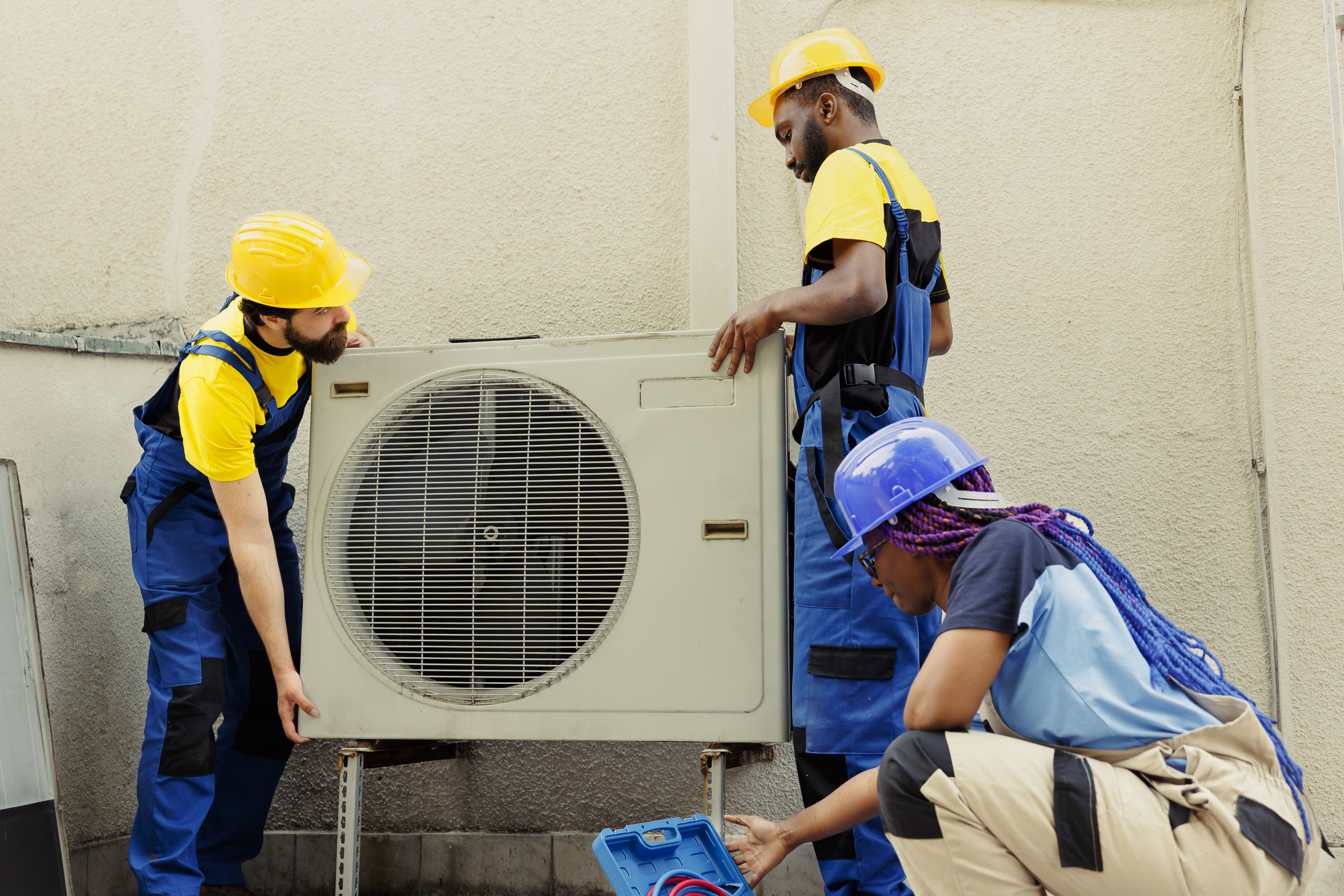
The interest in indoor air quality (IAQ) has been substantial and remarkable recently due to the increasing awareness of the significant consequences it poses to human health and well-being. There are numerous impacts that poor IAQ has on the health of people in homes and buildings, ranging from basic ailments like respiratory diseases and allergic reactions all the way to severe conditions. Thus, the quest for effective management of indoor air quality assumes considerable importance and is of great value in structures where people spend considerable time. Such a focus on IAQ demonstrates the significance of building HVAC consultancy through its capacity to identify and manage indoor air quality issues.
HVAC consulting is important and necessary in the construction and management of these edifices with a view to managing the quality of air in the indoor spaces and the general atmosphere. These systems are central to the control of temperature, humidity, and air movement within closed environments, thus improving the wellbeing of those in any given building. HVAC operating systems are crucial in the provision of comfort to people and favorable working conditions. Nevertheless, if such systems are not properly maintained, they may become causes of indoor air pollution and, consequently, the worsening of reserving conditions for the inhabitants of the building. Hence, proper inspection and enhancement of building HVAC consulting are crucial to maintaining a sound and hygienic internal environment for all people in the infrastructure.
One of the most fundamental practices for optimizing indoor air quality is regular maintenance of HVAC systems. This includes scheduled inspections, filter replacements, and cleaning of ducts and vents. Accumulated dust, debris, and microbial growth can significantly degrade air quality, so ensuring that these components are clean and functioning properly is essential.
The quality of air filters used in HVAC systems can have a significant impact on indoor air quality. Investing in high-quality filters with a high Minimum Efficiency Reporting Value (MERV) rating can effectively capture airborne particles, including dust, pollen, and allergens. This not only improves air quality but also prolongs the lifespan of the HVAC system by reducing strain on its components.
It is thus incumbent to ensure proper ventilation, which is critical to maintaining the quality of air within interiors, particularly when considering building HVAC consulting. Ventilation methods are just as important for the provision of fresh air indoors, and constant air change strategies like the use of air intake and exhaust fans help to get rid of stale air indoors and introduce clean air indoors. In addition, new technology, such as energy recovery ventilation systems in building HVAC consulting, can greatly improve efficiency. These systems are very effective in the general operation of heat energy in that they enable heat transfer between the incoming and outgoing air streams; they also enhance the optimization of indoor air quality while at the same time acknowledging the prudent use of resources.
Definitive steps must be taken to control the humidity inside the homes so as to avoid the incidence of mold as well as to achieve optimum comfort. For humidity control, portable units like the humidifier and dehumidifier can be placed within the ventilation system to enable more precise control of humidity according to the seasons and/or occupancy levels. This allows fresh air to come in, causing a healthier indoor environment and also decreasing the chances of moisture getting trapped indoors.
Integrating air purification technologies into building HVAC consultancy systems presents a formidable opportunity to elevate indoor air quality by eliminating airborne contaminants like bacteria, viruses, and volatile organic compounds (VOCs). Advanced purification methods such as UV germicidal irradiation, activated carbon filtration, and photocatalytic oxidation stand out as exemplary solutions capable of thoroughly sanitizing the air and promoting the well-being of occupants.
Ensuring that buildings receive careful sealing and the level of insulation is equally important for preserving healthy indoor air quality, which is an important factor when availing of professional building HVAC consulting services. Hitting on the gaps and cracks of the building envelopes and duct work means that the outdoor pollutants cannot penetrate into the building, which contributes to maintaining a healthy indoor environment. It also has the added advantage of actively reducing the inflow of dust, pollen, and other allergens, as well as minimizing air leakage, which affects energy usage.
In essence, the identification and assessment of any indoor air quality variables and the performance of HVAC systems require continuous monitoring and testing. By measuring freshness and conducting routine tests for what is inside, including carbon dioxide, volatile organic compounds, and particulate matter, building owners and operators can attend to any concerns before they arise and ensure that the indoor air is not a menace to the health of those inside.
The attempt to increase the quality of air indoors is a complex approach because numerous parameters should be considered involving building HVAC systems. It is advisable for building owners and operators to follow some guidelines, like routine and special maintenance, use of quality filters, recommended ventilation systems, good humidity control, air purifier installation, effective sealing and insulation, and constant monitoring and testing of the systems.

IntroductionIn a world that’s becoming smarter every day, our homes are evolving too. From voice-c...
Read more